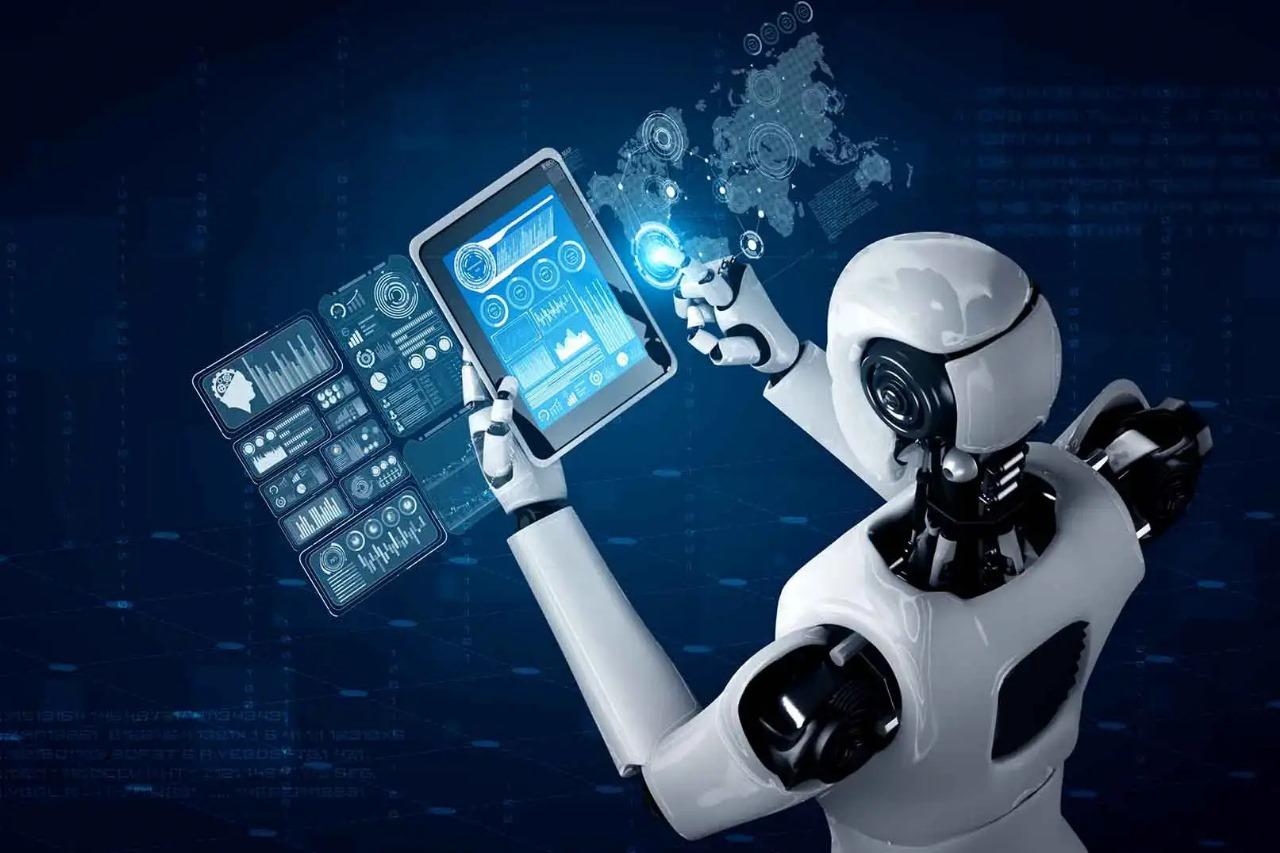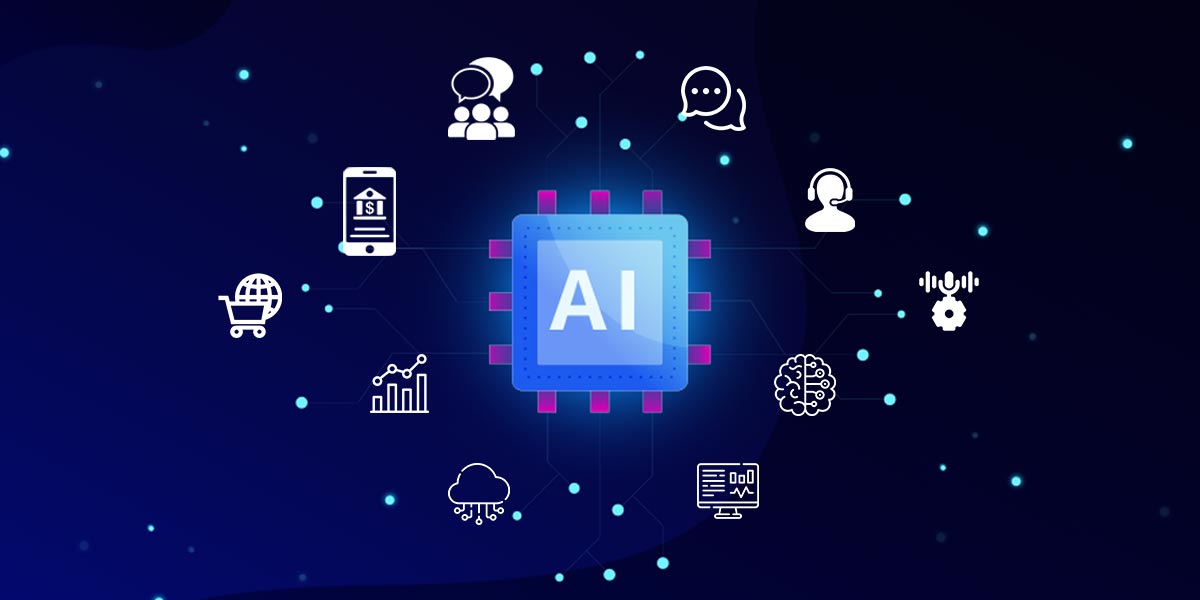Inquire
Empowering the Future: Exploring Artificial Intelligence Tools and Their Impact

Artificial Intelligence (AI) has evolved from a niche technology to a ubiquitous force driving innovation across industries. Behind this remarkable transformation are a diverse set of AI tools and platforms that enable developers, data scientists, and organizations to harness the power of AI and machine learning. In this blog, we'll dive into the exciting world of AI tools, exploring their applications and how they're shaping the future.
The Foundation of AI: Tools and Frameworks
At the heart of AI's success lies a plethora of powerful tools and frameworks that simplify the development and deployment of AI models. These tools serve as the building blocks for creating intelligent applications. Here are some of the key AI tools and frameworks:
1. TensorFlow: Developed by Google, TensorFlow is an open-source machine learning framework that has become the go-to choice for deep learning projects. Its flexibility and extensive community support make it a versatile tool for both beginners and experts.
2. PyTorch: PyTorch, developed by Facebook's AI Research lab, is another popular open-source framework. It's known for its dynamic computation graph, making it a preferred choice for researchers and developers alike.
3. scikit-learn: scikit-learn is a user-friendly Python library for traditional machine learning tasks like classification, regression, clustering, and dimensionality reduction.
4. Keras: Keras is an easy-to-use high-level neural networks API that runs on top of TensorFlow. It's a great choice for building deep learning models with minimal code.
5. Jupyter Notebooks: Jupyter Notebooks are essential for interactive and collaborative AI development. They allow data scientists to combine code, visualizations, and explanations in a single document.

Applications of AI Tools
AI tools have a wide range of applications across various domains:
1. Natural Language Processing (NLP): Tools like spaCy and NLTK help process and analyze text data, enabling sentiment analysis, text summarization, and language translation.
2. Computer Vision: OpenCV and Dlib are popular libraries for computer vision tasks, including object detection, image segmentation, and facial recognition.
3. Reinforcement Learning: Libraries like OpenAI Gym provide environments for developing and testing reinforcement learning algorithms for tasks such as game playing and robotics.
4. AutoML: AutoML platforms like Google AutoML and H2O.ai's Driverless AI democratize machine learning by automating model selection and hyperparameter tuning.
5. Data Preparation: Tools like pandas, NumPy, and scikit-learn assist in data preprocessing, feature engineering, and data cleaning.
6. Cloud AI Services: Cloud providers like AWS, Azure, and Google Cloud offer a suite of AI tools and services for tasks such as speech recognition, image analysis, and recommendation systems.
The Impact on Industries
AI tools are driving innovation and transformation across industries:
1. Healthcare: AI tools help analyze medical images, predict disease outcomes, and discover new drug candidates.
2. Finance: They enhance fraud detection, algorithmic trading, and credit risk assessment.
3. Retail: AI-powered recommendation systems improve customer experiences and increase sales.
4. Manufacturing: AI-driven automation enhances production efficiency and quality control.
5. Autonomous Vehicles: AI tools are crucial for developing self-driving cars and drones.
Artificial Intelligence tools are the engines powering AI's rapid advancement. They empower individuals and organizations to leverage machine learning and deep learning to solve complex problems and create intelligent applications. As these tools continue to evolve and become more accessible, the possibilities for AI innovation are limitless.
Whether you're a data scientist, developer, or business leader, exploring and mastering these AI tools can unlock new opportunities and enable you to contribute to the ongoing AI revolution. With the right tools and creativity, you can be a part of the transformational journey that AI is charting for the future.


- Managerial Effectiveness!
- Future and Predictions
- Motivatinal / Inspiring
- Other
- Entrepreneurship
- Mentoring & Guidance
- Marketing
- Networking
- HR & Recruiting
- Literature
- Shopping
- Career Management & Advancement


 SkillClick
SkillClick